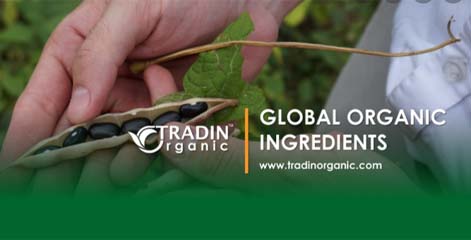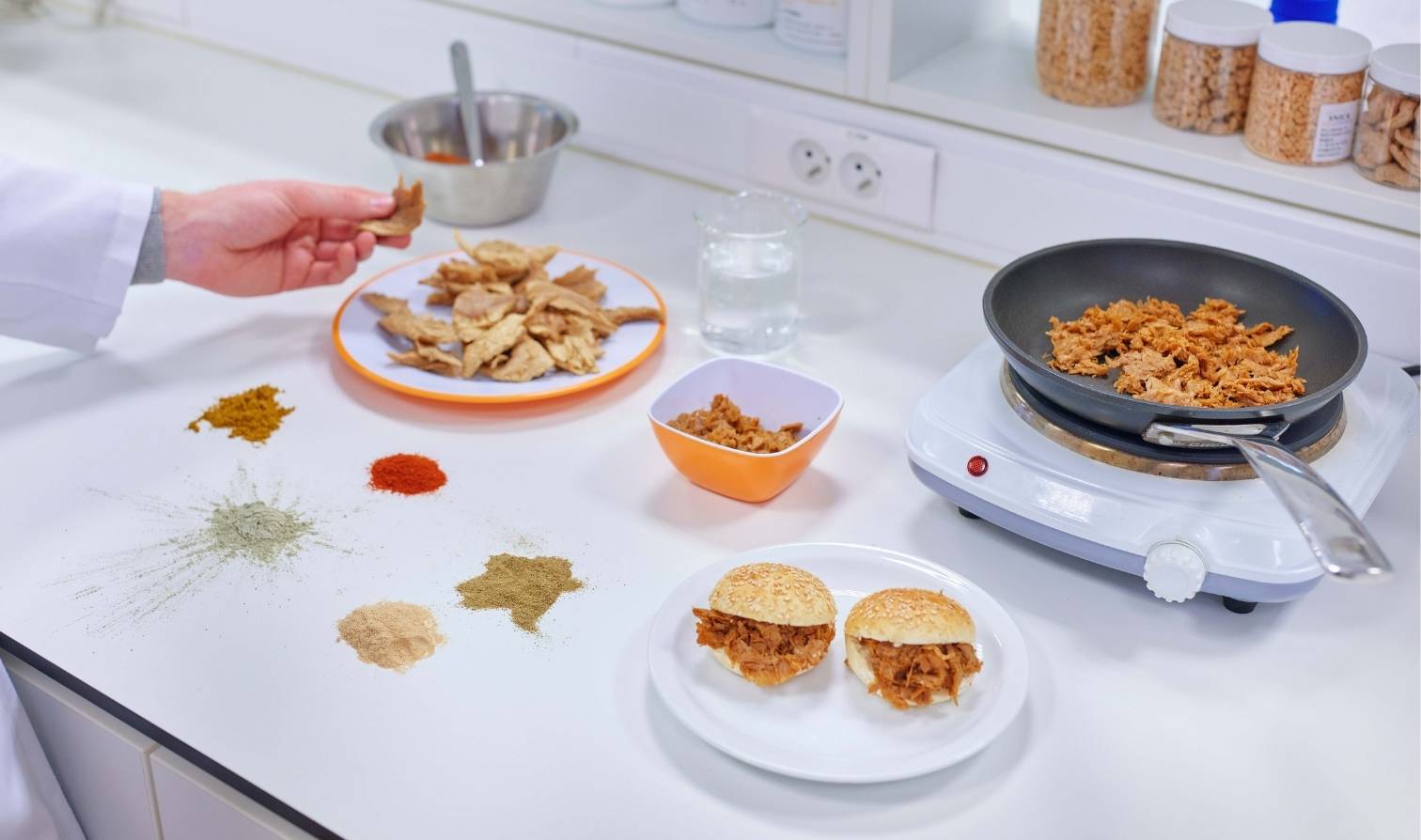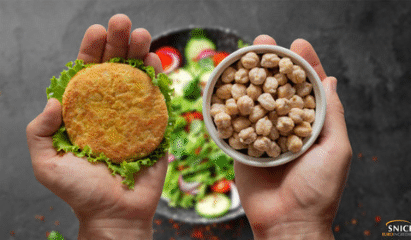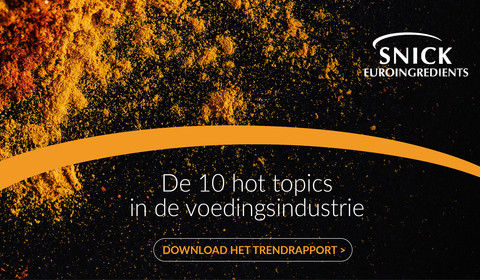Food leaders
Gerard Versteegh (CEO Tradin Organic) looks beyond pure organic farming
In Food Leaders, we let an expert in the food sector have his say. This time it's the turn of Gerard Versteegh, CEO of Tradin Organic, a pioneer in the organic ingredients market. Just like Snick EuroIngredients, Tradin Organic is part of the Acomo Group and is also fully committed to sustainability. Gerard gives you a look behind the scenes of organic farming: "In everything we do, we take the entire ecosystem into account."

The rise of organic farming
In the early 1980s, Gerard Versteegh founded Tradin Organic. In its early days, the company marketed the first organic consumer products. It did this by selecting organic ingredients itself from sustainable growers. Versteegh: "We started mainly with dried fruit, nuts and small grains. At the time, the demand came mainly from local green shops."
Ten years later came the first European regulations around organic production and labeling. The interest of supermarkets in organic products also increased. Tradin Organic emerged as a specialized importer of organic ingredients, serving the entire organic industry.
Versteegh: "Today's market is much more mature than in our early days. This also allowed us to further professionalize our operation. Our figures of 2020 speak for themselves: with 471 million euros, we almost doubled our turnover compared to 2014."
Evolving customer needs
Tradin Organic's customers - and their clients, the end consumer - are increasingly concerned with healthy eating. Versteegh: "For example, the demand for plant-based alternatives to animal proteins is increasing rapidly. Together with Snick Euroingredients, various developments are underway to respond to this. In addition, products that increase immunity, such as lime, ginger and orange juice, are also very popular."
Attention to ethical consumption is also on the rise. And Tradin Organic is totally responding to that. "We want our products not only to reduce the environmental impact, but also to strengthen the environment," Versteegh explains. "That's why we are strongly committed to regenerative agriculture. We take the entire ecosystem into account by, for example, using organic fertilizers, strategically replanting crops, and working with crop rotation. In this way, we enrich the soil quality and ensure higher fertility."
"We have several organic farming projects in the Philippines, Peru and China, among others. We already have a lot of quality certifications, but we are going one step further with our efforts to obtain the 'Regenerative Organic Certification' and the 'We Care Standard' certification. We look beyond classical organic agriculture," concludes Versteegh.
“With our products, we not only want to limit the environmental impact, but also strengthen the environment.” – Gerard Versteegh, CEO of Tradin Organic
Organic agriculture worldwide
Sustainable agriculture is a hot topic at the global level. This year, for example, the United Nations ushered in the "decade of ecosystem restoration. Stopping and even reversing the degradation of our ecosystems is necessary to meet the 2030 Sustainable Development Goals:
- Ending World Hunger
- Safe drinking water and sanitation for all
- Consuming and producing responsibly
- Taking climate action to combat impacts
- Responsible consumption and production
In the last decade, the share of organic farmland increased by 66% in the EU. Thus, for now, we are stranded at 8.5% of all agricultural land. The objective of the European 'Green Deal' is to increase that figure to 25% by 2030.
Are you curious about Snick's innovative, sustainable food concepts?
Contact us




